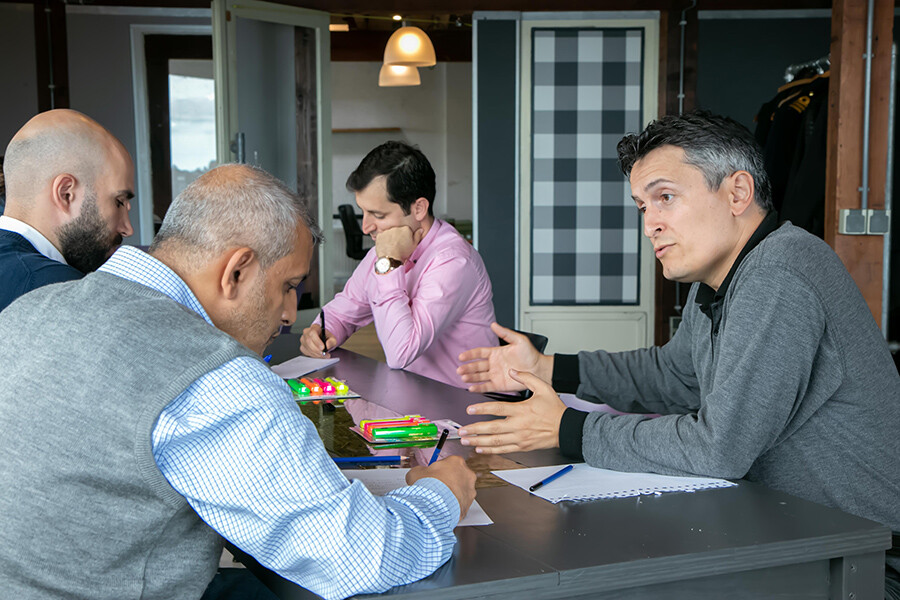
Civic Integration Act 2021
The aim of the new integration law is to allow those subject to integration requirements to participate in the Netherlands as quickly as possible. And that they also find work as quickly as possible. The Civic Integration Act 2021 has three important pillars.
Integrators can quickly start integrating
Integrators can follow a tailor-made integration program
Learning the language goes hand in hand with participation, for example through an internship, training or work experience placement.
Bottlenecks in the new integration law
The KIS publication shows that there are challenges in practice that make it difficult to achieve integration based on the above pillars. This makes it difficult for newcomers to find their way to work in the Netherlands.
A number of key points from the publication:
Municipalities have taken many steps in the past year. Yet the implementation of integration is only partially realized at the moment.
A 'quick start' is often difficult to achieve. Status holders usually remain in the asylum seekers' center for a long time until their home becomes available. The distance between the asylum seekers' center and the new municipality to which the status holder is linked is often too great.
The necessary preconditions, such as childcare and travel expenses, often cannot be met, making it difficult to start a learning route.
Combining participation with learning the language is not yet sufficiently implemented.
Recommendations and success stories
The publication comes with a number of concrete recommendations to reduce the current bottlenecks. For example, it is recommended to work on small-scale shelters near their future place of residence. We recently shared an inspiring example about the municipality of Meierijstad, where small-scale reception and rapid participation lead to successful integration of newcomers.
According to KIS, it is also important to offer programs where language learning and participation can actually be combined. Take Sami Humaid for example . By speaking Dutch during his work as a structural engineer at Sweco, he improves his Dutch language level, which helps him to integrate.
Another recommendation from the report: “Provide immigrants who cannot yet participate in regular integration offers with a valuable way to fill the interim: organize activities aimed at informal language acquisition and/or participation and/or self-study.” We at Refugee Talent Hub can confirm this recommendation. Sitting still doesn't benefit anyone. In our work we see that organizing all kinds of activities contributes to the valuable integration of newcomers in the Netherlands.
Download the full report on the KIS website
Want to know more about the integration law? Check the government website .